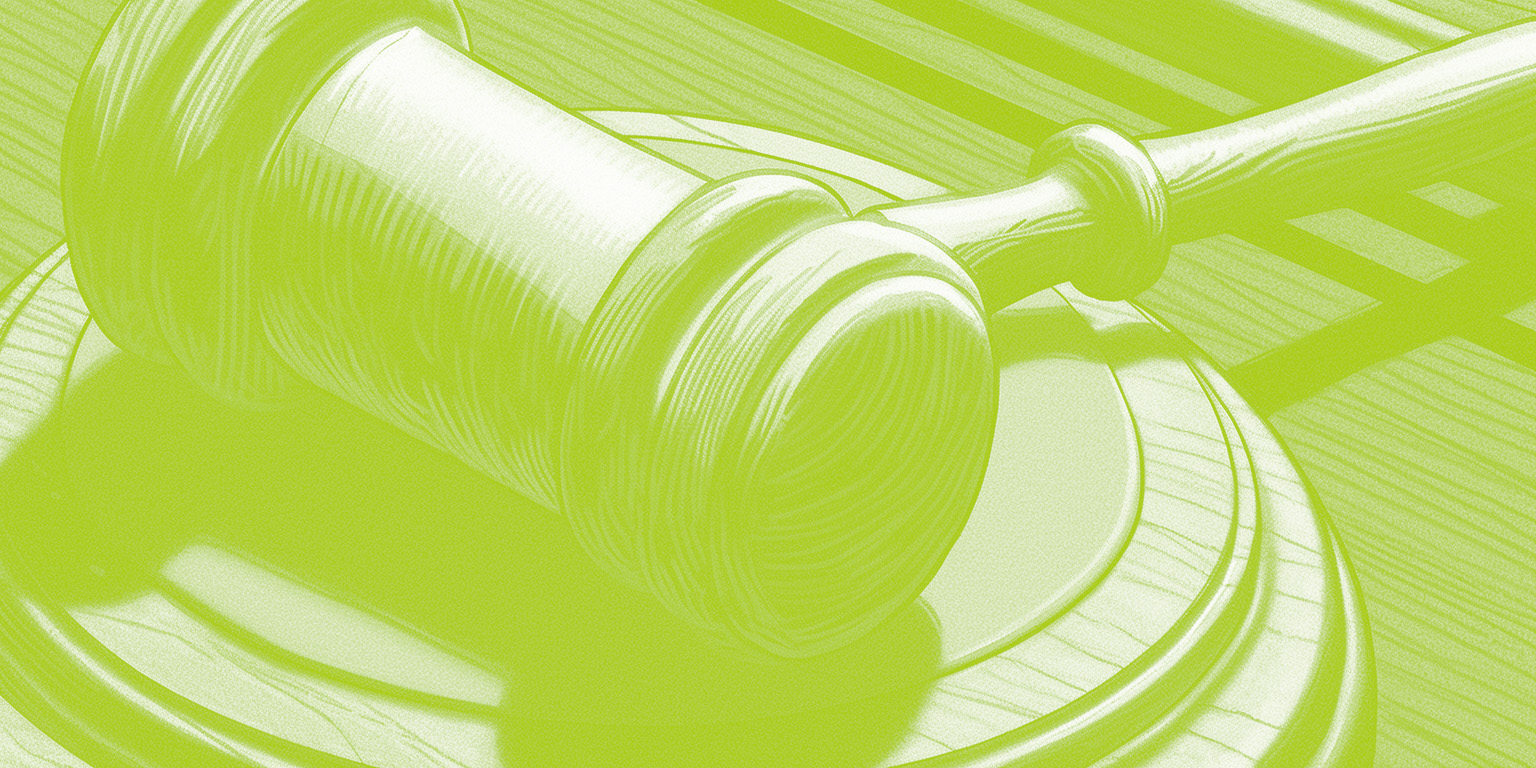
Introduction: In a groundbreaking decision that is poised to reshape the landscape of digital privacy rights, the Supreme Court has issued a landmark ruling that establishes new boundaries for law enforcement's access to individuals' online data. The ruling comes as a response to a high-profile case involving a tech-savvy defendant and has far-reaching implications for the future of digital privacy in the age of advancing technology.
The Case: Doe vs. Digital Liberties Enforcement Agency (DLEA)
The case at the center of this landmark ruling involved John Doe, a cybersecurity expert and privacy advocate, who had been under investigation by the Digital Liberties Enforcement Agency for alleged cybercrimes. The agency sought access to Doe's encrypted online communications, arguing that the information was crucial to the investigation.
Doe vehemently opposed the request, contending that granting the agency access to his private online conversations would not only violate his Fourth Amendment rights against unreasonable searches and seizures but would also undermine the broader concept of digital privacy. The case quickly garnered attention from civil liberties organizations, technology companies, and legal experts, all of whom recognized its potential to set a significant legal precedent.
The Ruling: Balancing Privacy and Law Enforcement
After thorough deliberation, the Supreme Court ruled in favor of Doe, delivering a 7-2 decision that established a crucial precedent for the intersection of digital privacy and law enforcement powers. The majority opinion, written by Chief Justice Emily Ramirez, emphasized the importance of safeguarding individual privacy in an increasingly digital world.
The court acknowledged that while law enforcement has a legitimate interest in investigating and preventing cybercrimes, such interests must be balanced against the fundamental right to privacy. The ruling outlined a strict set of criteria that law enforcement agencies must meet before gaining access to encrypted digital communications, including the necessity of demonstrating probable cause and obtaining a warrant.
Justice Ramirez highlighted the rapid advancements in technology and the potential for digital surveillance to encroach upon citizens' private lives. She emphasized that the Fourth Amendment's protections extend to the digital realm and underscored the need for judicial oversight to prevent unwarranted invasions of privacy.
Implications and Reactions: Shaping the Future of Digital Privacy
The court's decision has garnered a range of reactions from various stakeholders. Civil liberties advocates have hailed the ruling as a resounding victory for individual rights in the digital age. Technology companies and privacy advocates have expressed relief that the court recognizes the importance of encryption in protecting sensitive information.
On the other hand, law enforcement agencies have voiced concerns that the ruling might hinder their ability to effectively investigate cybercrimes. Some critics argue that the stringent criteria set by the court could make it more challenging for law enforcement to access critical information during time-sensitive investigations.
Conclusion: A New Chapter in Digital Privacy
The Supreme Court's landmark ruling in the Doe vs. DLEA case marks a turning point in the ongoing discourse surrounding digital privacy rights and law enforcement powers. As technology continues to evolve, this decision will undoubtedly shape the legal landscape and guide the delicate balance between preserving individual privacy and enabling effective law enforcement. In an era where the boundaries between the physical and digital worlds are increasingly blurred, the court's unwavering commitment to protecting citizens' privacy rights sets a powerful precedent for future legal challenges in the realm of digital privacy.
